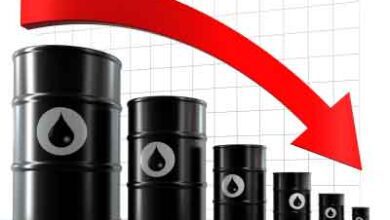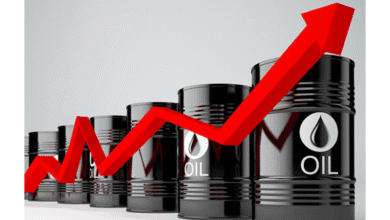Kano Gezawa Commodity Market, Exchange To Boost FG Diversification Effort
The Federal Government’s effort to diversify the economy using agriculture as one of the key vehicles has received a boost in the form of a sophisticated commodity market and exchange.
It is the Gezawa Commodity Market and Exchange (GCMX) Ltd, which is located in Gezawa Local Government Area of Kano State. Just 24 kilometers East of Kano metropolis, it is easily accessible. It is distinctly modern. And it is fully equipped to give real-time world prices for a number of traded agricultural commodities.
An informational document on the Market says: “The market is positioned to be the largest commercial one-stop hub for both domestic and export market for international-standard agricultural commodities in Nigeria.”
The privately-owned market sits on 250 hectares of land. It is so vast that, one can safely testify that, so far it does not have peers in Nigeria, if not Africa, in terms of equipment, scope and structure.
The informational document emphasised: “The GCMX Ltd remains one of the best strategies for actualising our national goal of self-reliance, diversification and economic development.” This is consistent with the present administration’s policy of promoting agricultural value chain.
The market’s vast, aethestically landscaped ground is paved with smooth, asphalted roads and concrete pathways. It has fire fighting trucks and personnel; a clinic and a water treatment plant, among others.
It is in the centre of Nigeria’s grains production belt, thus appropriately positioned to link producers and buyers of Rice, Millet, Gum Arabic, Tamarind, Cowpea and Soya beans for business. Other tradeable commodities on the floor of the exchange are Groundnuts, Ginger, Sesame seeds, Cotton, Hibiscus flower and Wheat.
Transactions in these commodities will be effortlessly conducted in the same way it is done in Chicago, London, Hanoi and other world class commodity markets and exchanges. Everything will be displayed on a large screen.
The GCMX will be “driven by modern technology and ICT solutions to ensure efficiency, transparency and viability in trading in Nigeria’s endowed agricultural commodities and value chains,” the informational document assured.
Asia is reportedly the top importing continent of agricultural commodities from Nigeria. It accounts for nearly 60 percent of total exports in 2018. Europe is the second leading market for Nigerian agricultural products, buying 35 percent of those exports in 2018.
Records at the National Bureau of Statistics (NBS), indicate that the export value of agricultural commodities to Asia in 2018 was N179.6 billion. And it is growing due to demands by China, India and Japan. The Gezawa Commodity Market and Exchange is equipped to play a leading role facilitating the expansion and deepening of the exportation of Nigerian goods to the Asian market and elsewhere around the world.
To this end, Livestock may be added to meet an expressed Middle Eastern demand for mutton, lamb and hogget. This is because one or more Arab countries have expressed interest in buying goats and sheep from Nigeria.
The infrastructure to make the conduct of business in the market so conducive include a 500-capacity trailer park; an export terminal, large warehouses and a factory for the processing, sorting, cleaning and packaging of various commodities. All the regulatory agencies of government to certify the quality and standard of commodities for exports have offices in the Market. All exports will be done as part of formal, officially-approved exchanges between our country and the importing entities. Nothing will be done under the table.
The Dala Inland Port which is serviced by a raikway line to sea export terminals in Port Harcourt and Lagos is an alternative means of freighting outbound commodities to the ports and destinations worldwide.
As the Central Bank of Nigeria (CBN) has said it will fund the 2020 wet season with N432 billion loans to over 1, 000,000 farmers to produce rice, cotton, oil palm, tomato, cassava, poultry, fish, maize, cocoa, and livestock/dairy, the Gezawa Commodity Market and Exchange is prepared to facilitate both domestic and export trade in these commodities.






